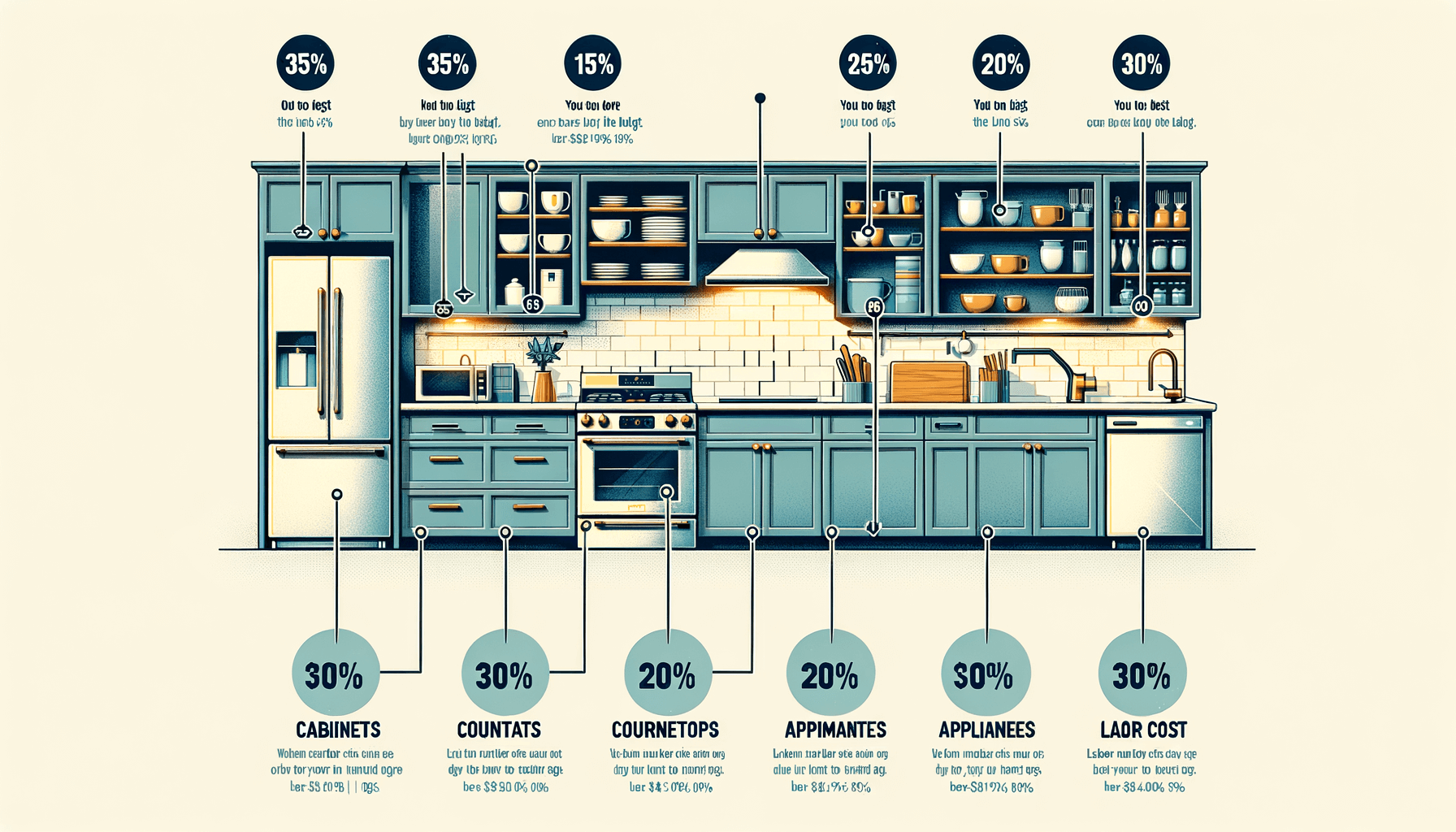Complete Guide to Home Remodeling: Planning, Budgeting & Execution

Read our cornerstone guide
The Ultimate Guide to Home RemodelingComplete Guide to Home Remodeling: Planning, Budgeting & Execution
Home remodeling can transform your living space, increase property value, and improve your quality of life. However, successful remodeling requires careful planning, realistic budgeting, and proper execution. This comprehensive guide covers everything you need to know to navigate your home remodeling project from start to finish.
Key Takeaways
- Planning is crucial: Spend 20% of your time planning to save 80% of potential problems.
- Budget realistically: Add a 20-30% contingency fund to your initial budget estimates.
- Hire qualified professionals: Always choose licensed and insured contractors with local references.
- Understand permits: Most structural, electrical, and plumbing work requires permits from your local authority.
Conclusion
Successful home remodeling requires careful planning, realistic budgeting, and professional execution. By following this comprehensive guide, you'll be well-prepared to navigate your remodeling project from initial concept to final completion. The investment in proper planning will pay dividends in the form of a beautiful, functional space that enhances your daily life and adds value to your home for years to come.
For more detailed information on specific projects, see our guides on Kitchen Remodeling and Bathroom Remodeling.
Source: This information is based on industry best practices and data from the National Association of the Remodeling Industry (NARI).


